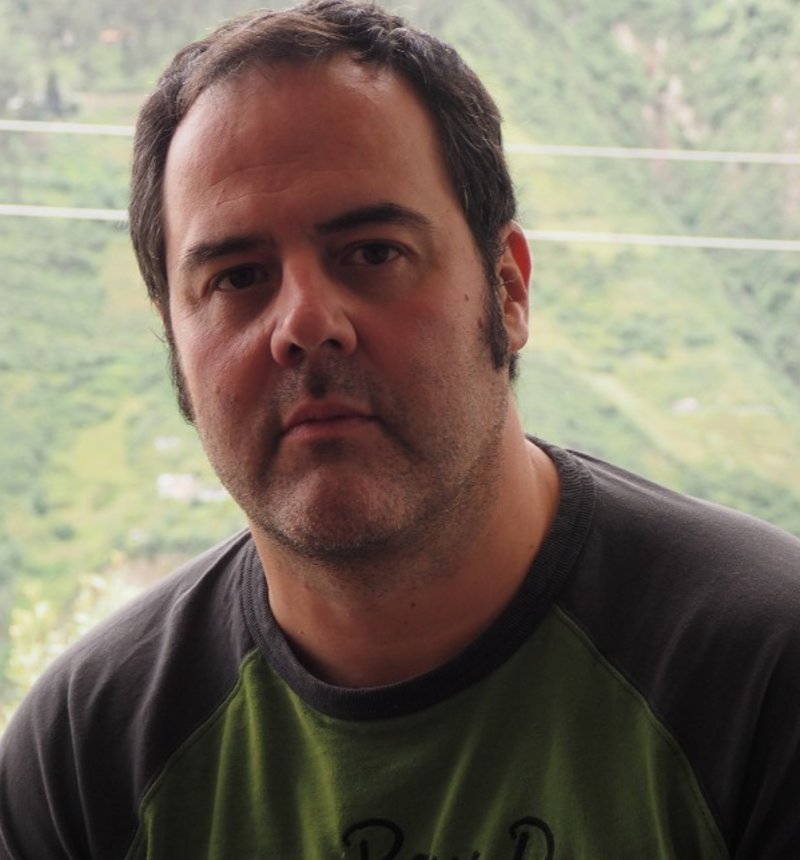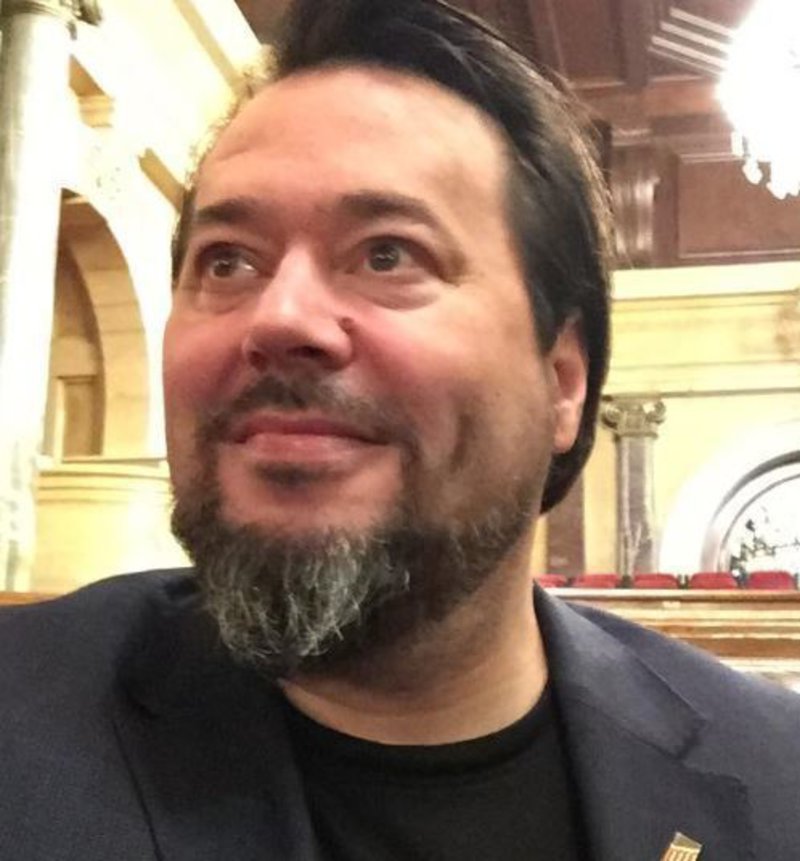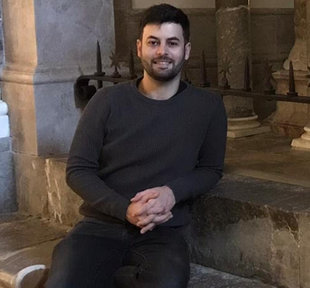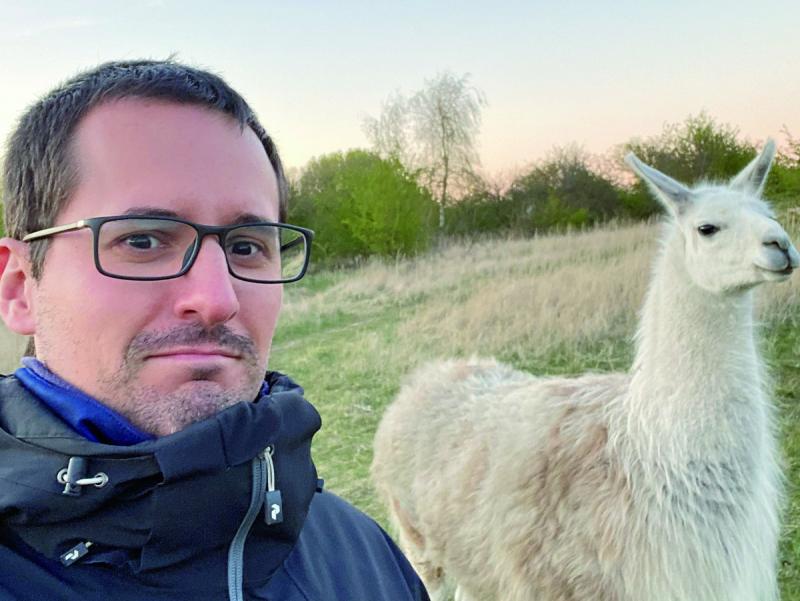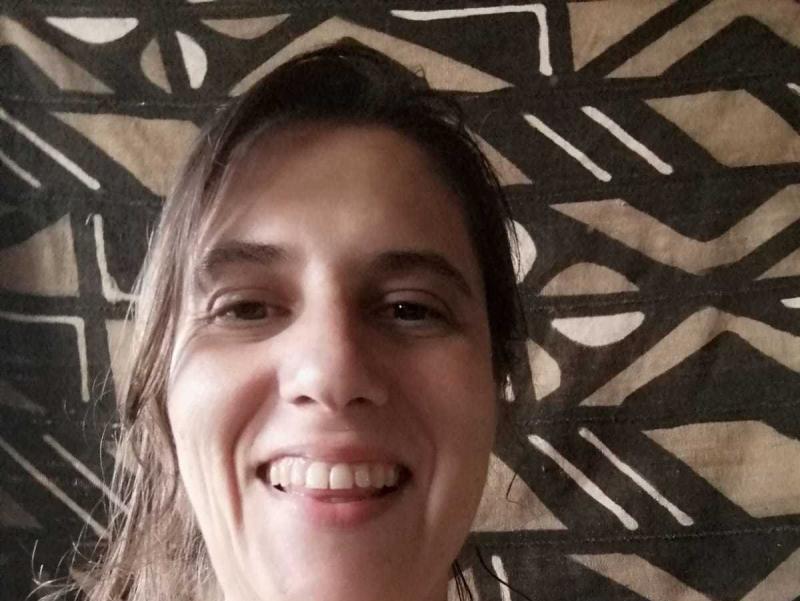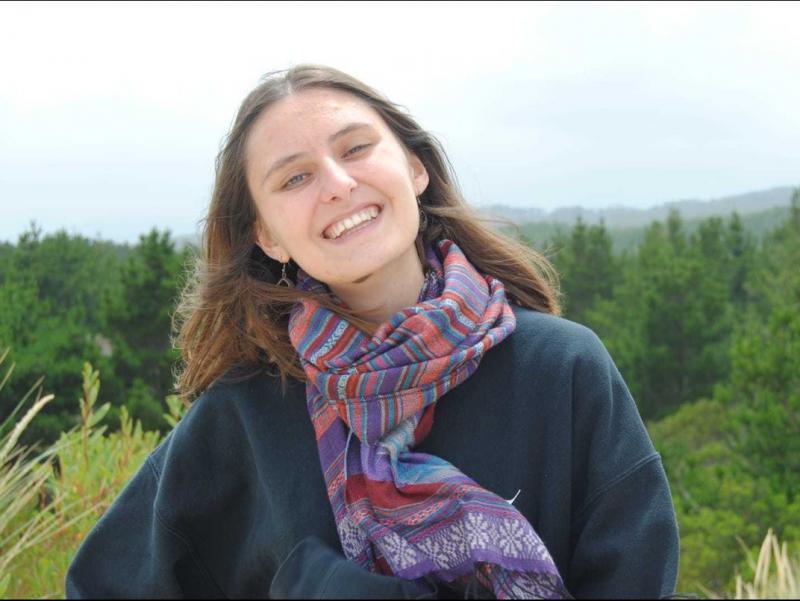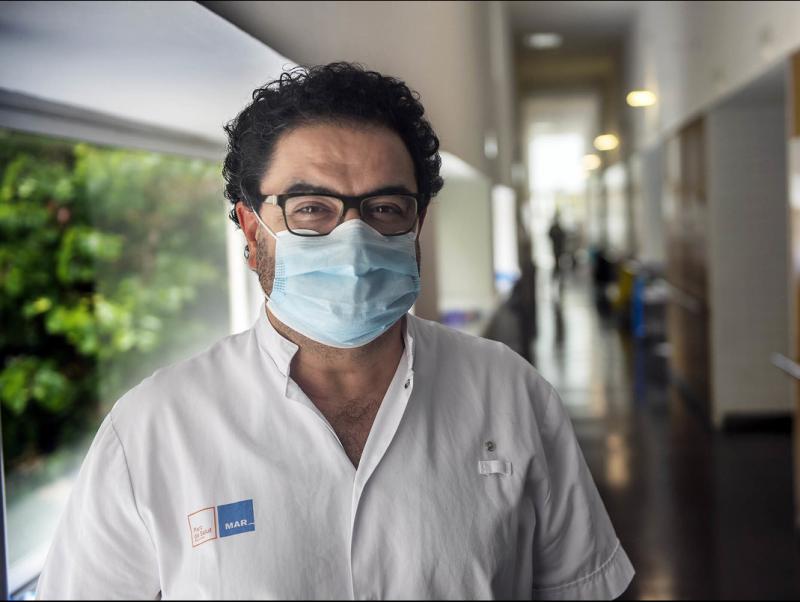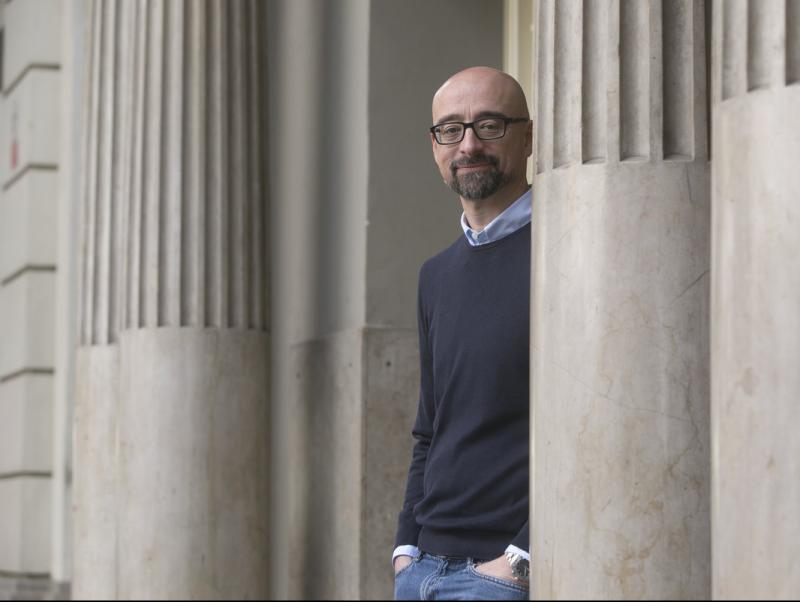amErica
Cases: 2,743,341 Deaths: 157,399 Recovered: 945,523
Nacho Camaño from Tarragona lives in Quito, the capital of Ecuador. He has been living confined to home during the coronavirus crisis, even doing all of his shopping online. However, at the beginning of May the government announced it would begin lifting the restrictions. “The president washed his hands and passed the buck to the mayors, who do not have enough data to make decisions. That means if it goes wrong, it’s his fault,” he says.
In Ecuador, the official information provided is only about Quito and Guayaquil (the country’s two main cities) and no one doubts that the figures fail to show the harsh reality of these territories. There have been reports of dead bodies abandoned in the streets, of threats to overthrow Lenín Moreno’s government, of extreme situations in hospitals - the mayor of Guayaquil went so far as to say that no one else could enter the hospital, whether alive or dead - and the government has made a constant effort to censor images that could damage it.
The feeling of chaos has been constant: “A woman was in a coma for three weeks and, when she woke up, it was discovered that her family had already been given some ashes. Another spent 26 days looking for their grandmother’s body,” he says. It seems things have now “calmed down a bit”, says Camaño, “since the government announced that there will be more ventilators, that it will get help from the IMF and that it will be possible to return to work, an announcement that also calmed the fears of employers.” In Ecuador, 60% of jobs are unofficial.
A year away
Sergi López Torres is also from Tarragona, but since August, the 33-year-old has lived in New York, where he is working for a year. A trained paleontologist, he is engaged in scientific research at the American Museum of Natural History. “New York is one of the cities most affected by the virus; the state it belongs to alone has more cases than any country in the world,” he points out, adding that “the city has lost its typical image of the place that never sleeps… I can say that I have seen it sleep.” López says that the United States reacted late to the crisis and that the restrictive measures were applied too calmly. “It struck me that at such a difficult time as a pandemic, as if that weren’t enough, there has still been room for racist attitudes towards the Asian community,” he says, noting that in a country without a publicly-funded health system “people with limited resources are often left helpless” and that “there has been a disproportionate death toll among New York’s minority communities”.
Potential chaos
Sergi Marzabal is a computer scientist and creator of the Catalansalmon website. A tireless traveller, he now lives in São Paulo, and he is highly critical of the pandemic policy of Brazilian president Jair Bolsonaro. “He is a true psychopath from the school of neoliberalism, the far right and religious extremism, and he plays on the ignorance and patriotism of the people,” he says. Marzabal fears that the president’s position of calling for the opening of businesses despite opposition from state governors could lead to a chaotic situation in the country.
“Brazil is the only country in the world that has fired its health minister in the midst of a pandemic,” he points out, and he does not rule out the tension ending in a coup, “which is openly demanded by Bolsonaro’s unconditional supporters and which the president supports.” The threat, according to Marzabal, is very real, because “half of the government is made up of the military.” In the field of healthcare, the system has not yet been overwhelmed, but he points out that “we are a few weeks behind Europe.” “Many people here live in conditions below the poverty line, and if the pandemic hits as hard as in Europe, it could be a massacre,” he warns.

